Lost on the way to a post-pandemic normal
How do we find our way out of this mess? I wish I knew.

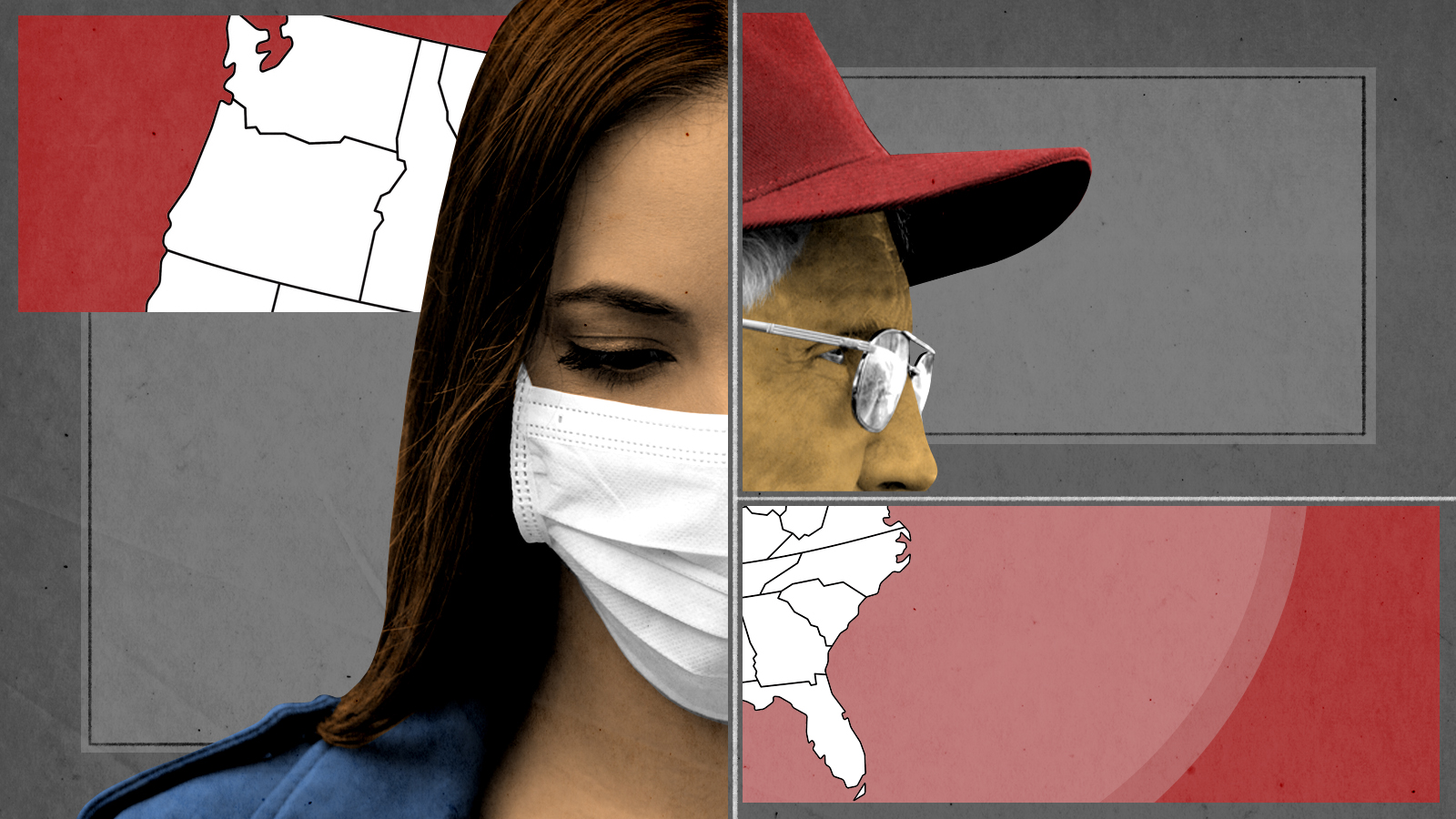
A free daily email with the biggest news stories of the day – and the best features from TheWeek.com
You are now subscribed
Your newsletter sign-up was successful
With the two-year anniversary of the COVID-19 pandemic bearing down on us, and the dreaded Omicron wave beginning to recede after proving highly contagious but mild for nearly anyone vaccinated and boosted, growing numbers of people appear eager, at long last, to get "back to normal."
But how do we get there — back to a reality that resembles life prior to March 2020, without mask mandates and testing and regular cancelations and virtual meetings and social distancing? Some, like writer Matthew Yglesias, suggest the key is for the Biden administration to take the lead in encouraging normalcy. But I doubt that would do the trick.
That's because in a diverse, sprawling, politically and culturally polarized country of 330 million people, what the president and his team say and do will be at most one factor influencing the way most people think and act. And, by now, positions have become entrenched, reinforced by distinctive responses to risk, patterns of distrust, and ideological hostility toward those who come down in a different place on these issues.
The Week
Escape your echo chamber. Get the facts behind the news, plus analysis from multiple perspectives.

Sign up for The Week's Free Newsletters
From our morning news briefing to a weekly Good News Newsletter, get the best of The Week delivered directly to your inbox.
From our morning news briefing to a weekly Good News Newsletter, get the best of The Week delivered directly to your inbox.
Many of us long for return to normal pursued with as much resolve as the shutdown nearly two years ago. But it just isn't in the cards. We're too lost for that.
On one level, this is mainly a Blue America story. Red America has been back to normal for a long time already, even if it's very much a new, distressing normal in which large numbers of people continue to get sick and die from a virus that didn't exist before the closing days of 2019. This would be much less the case if Red America were vaccinated at rates rivaling what's common in Blue America. But it isn't, leaving us with the defining paradox of our moment — the tendency for parts of the country with low rates of vaccination and high risk from illness to do very little to prevent the spread while places with high rates of vaccination and low risk impose far more draconian public health restrictions.
What's happening now is the start of a pushing back on the distinctive irrationality of Blue America: We're vaxxed, we're boosted, we made it through Omicron pretty well, with lots of infections but very few of them serious. Maybe we don't have to keep insisting kids wear masks in school forever. Maybe we can make plans and stick to them. Maybe we can stop offering virtual church services or insisting congregants be vaxxed and boosted and masked and tested before every gathering and then still stay socially distanced while in the building. Maybe we can go back to movies and plays and concerts without enduring the epidemiological equivalent of removing our shoes at the airport security line. Maybe we don't have to don a mask when we enter a restaurant only to take it off the minute we're seated.
Is this an emerging consensus for Blue America — a ticket back Full Normal? I'd like to think so, but I'm skeptical.
A free daily email with the biggest news stories of the day – and the best features from TheWeek.com
For one thing, the reason the hyper-cautious approach to the pandemic has taken such a firm hold in Blue America in the first place is it's an outgrowth of an aversion to risk common among highly educated, politically progressive urban professionals. Red America has its own pathological relation to risk. (What is vaccine refusal if not an expression of the conviction that getting the shot is more dangerous than taking one's chances against the virus, combined with a generalized distrust of experts?) But it's the risk aversion common to Blue America that is driving public and private presumption in favor of rules and restrictions designed to keep people safe. Not just the elderly and the immunocompromised, but everyone, including kids with very little danger of becoming seriously ill.
Obviously, if COVID-19 were eradicated, such epidemiological risk aversion would wane. But will the anticlimactic experience of the Omicron variant, followed by the rapid decline in new cases, be enough to get us there? Not when a couple thousand Americans are still dying of the disease every day and new variants and subvariants are emerging all the time. An endemic virus that sometimes becomes more deadly and quite often manages to infect (however mildly) the vaccinated is a recipe — for much of Blue America — for an anxiety attack without end. The impulse to impose rules and restrictions is the public expression this anxiety.
But there's also a culture war dimension to where we find ourselves.
Those in Blue America who favor remaining on a COVID-hawk footing aren't just trying to protect themselves. They're sending a message about who they are. The masks, the willingness to hunker down at home, the insistence on constantly proving vaccination status and submitting to tests — all of it is a symbolic expression of the moral conviction that the common good must come first. It's a statement that those who refuse to go along with such restrictions are behaving with selfish indifference to their communities and probably prolonging everyone's misery in the bargain.
The impulse to do this — to blame them, rather than an impersonal virus that sickens and kills with perfect indifference, for our suffering — has become very powerful over the past two years, helped along by its mirror opposite, which is the contempt Red America shows for the supposed quasi-totalitarian impulse to use social bullying and state power to control individual behavior.
Each side derives satisfaction by keeping the ire directed at the other.
Sure, the prolongation of pandemic life is dreary, but it's all Joe Rogan's fault! If only the right stopped spreading disinformation, COVID-19 would be gone and we could get back to normal!
See how the left wants to boss you around? None of these pandemic restrictions is ever going away! They're the leading edge of a tech-based progressive social-credit system modeled on Chinese authoritarianism!
How do we find our way out of this mess? I wish I knew.
Or maybe it's more accurate to say the way out is clear, but our willingness to do what would be needed to get back to normal is much less so. Resolving to change course sounds appealing in the abstract. But in the world as it is, the pleasures of division and dispute are real and intense.
Over the coming weeks and months we will learn if such pleasures are intense enough to prevail over the promise of a return to the milder rewards of life beyond the pandemic.
Damon Linker is a senior correspondent at TheWeek.com. He is also a former contributing editor at The New Republic and the author of The Theocons and The Religious Test.
-
 6 of the world’s most accessible destinations
6 of the world’s most accessible destinationsThe Week Recommends Experience all of Berlin, Singapore and Sydney
-
 How the FCC’s ‘equal time’ rule works
How the FCC’s ‘equal time’ rule worksIn the Spotlight The law is at the heart of the Colbert-CBS conflict
-
 What is the endgame in the DHS shutdown?
What is the endgame in the DHS shutdown?Today’s Big Question Democrats want to rein in ICE’s immigration crackdown
-
 Book reviews: ‘We the People: A History of the U.S. Constitution’ and ‘Will There Ever Be Another You’
Book reviews: ‘We the People: A History of the U.S. Constitution’ and ‘Will There Ever Be Another You’Feature The many attempts to amend the U.S. Constitution and Patricia Lockwood’s struggle with long Covid
-
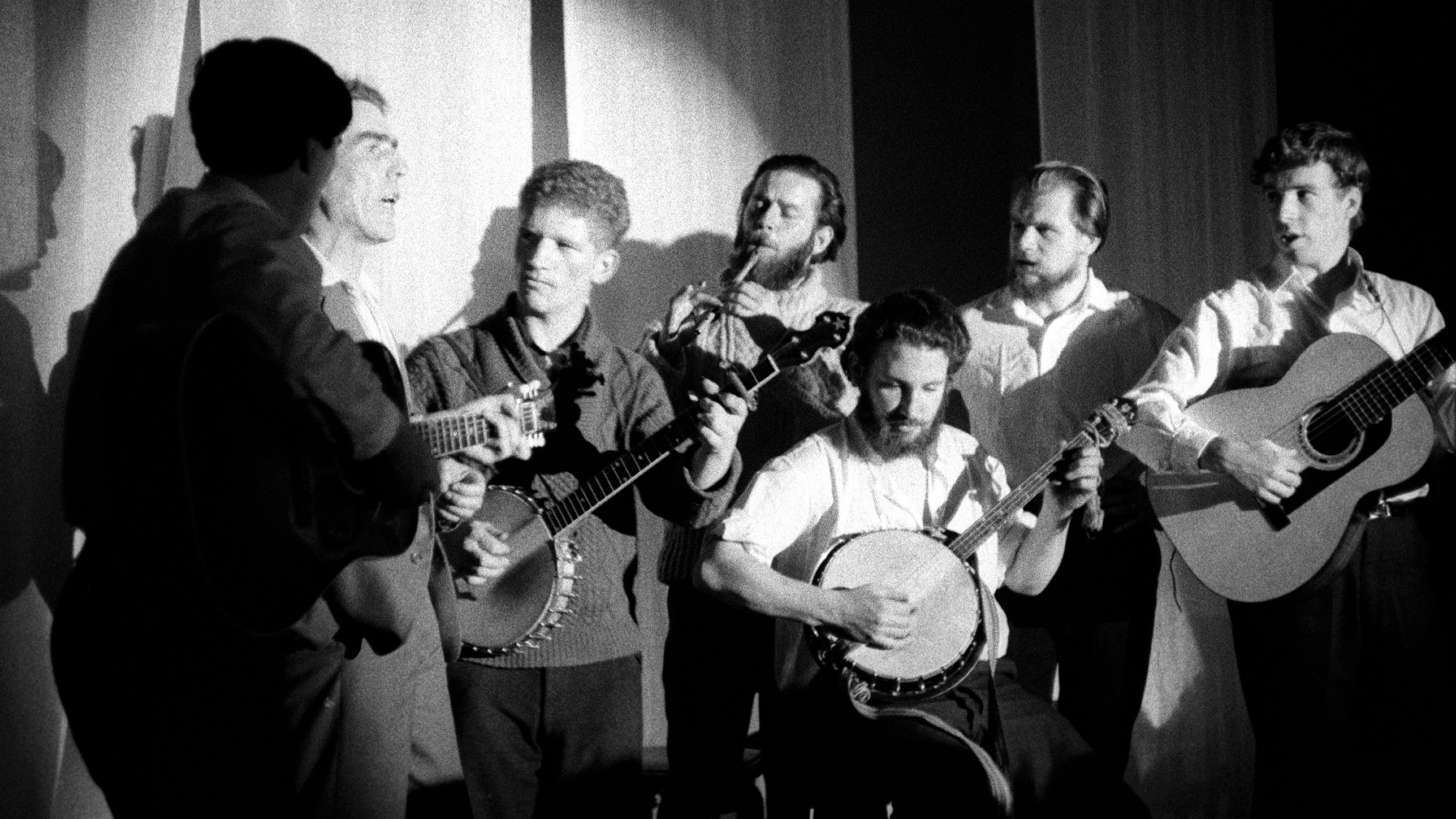 Why Irish traditional music is having a moment
Why Irish traditional music is having a momentIn The Spotlight Frustrations with isolation and technology credited for reviving 'auld' trad tunes
-
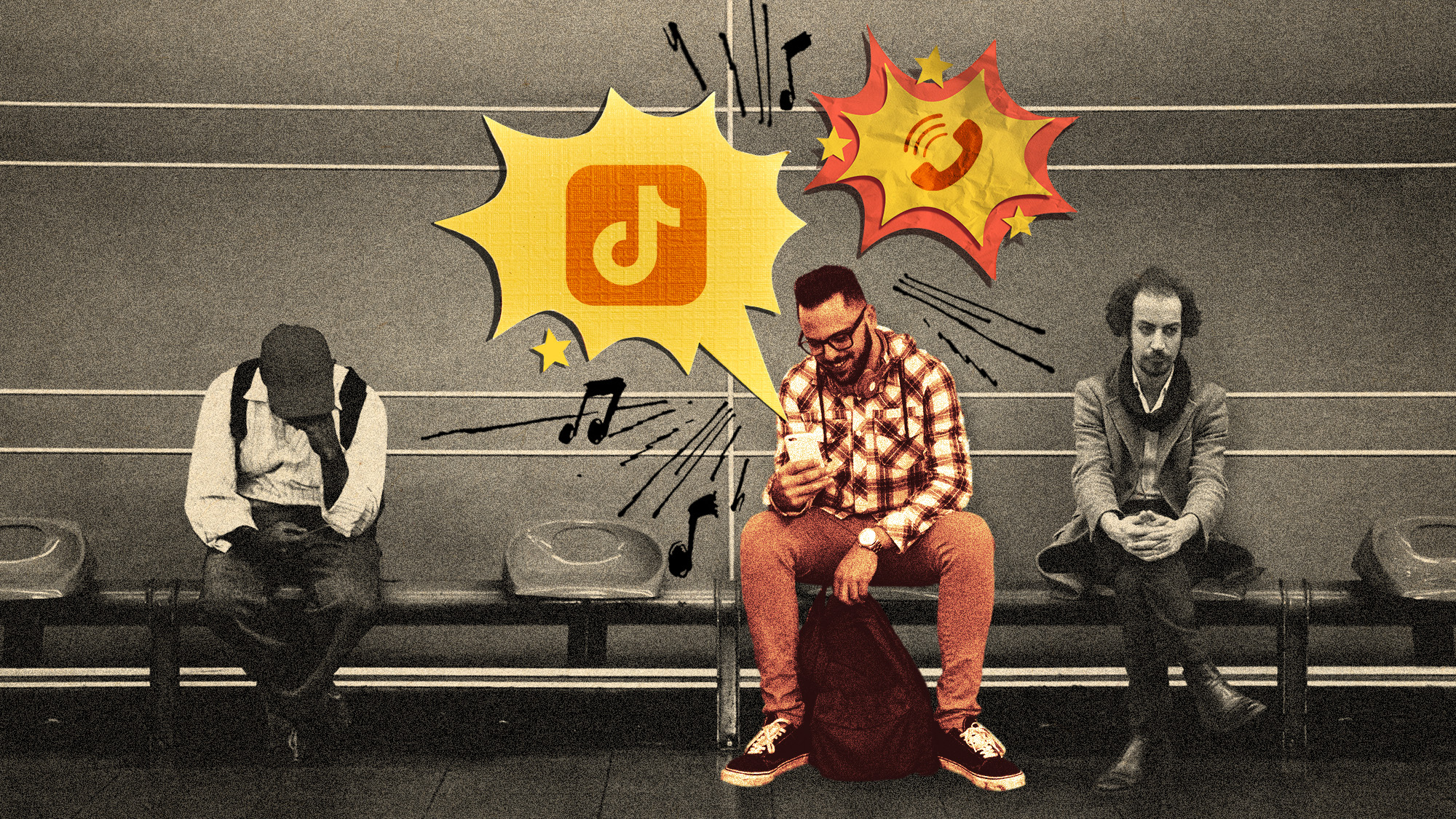 A not-so-quiet place: Why is no one using headphones in public anymore?
A not-so-quiet place: Why is no one using headphones in public anymore?Under the Radar People are increasingly comfortable with both speakerphone and watching videos (very) out loud
-
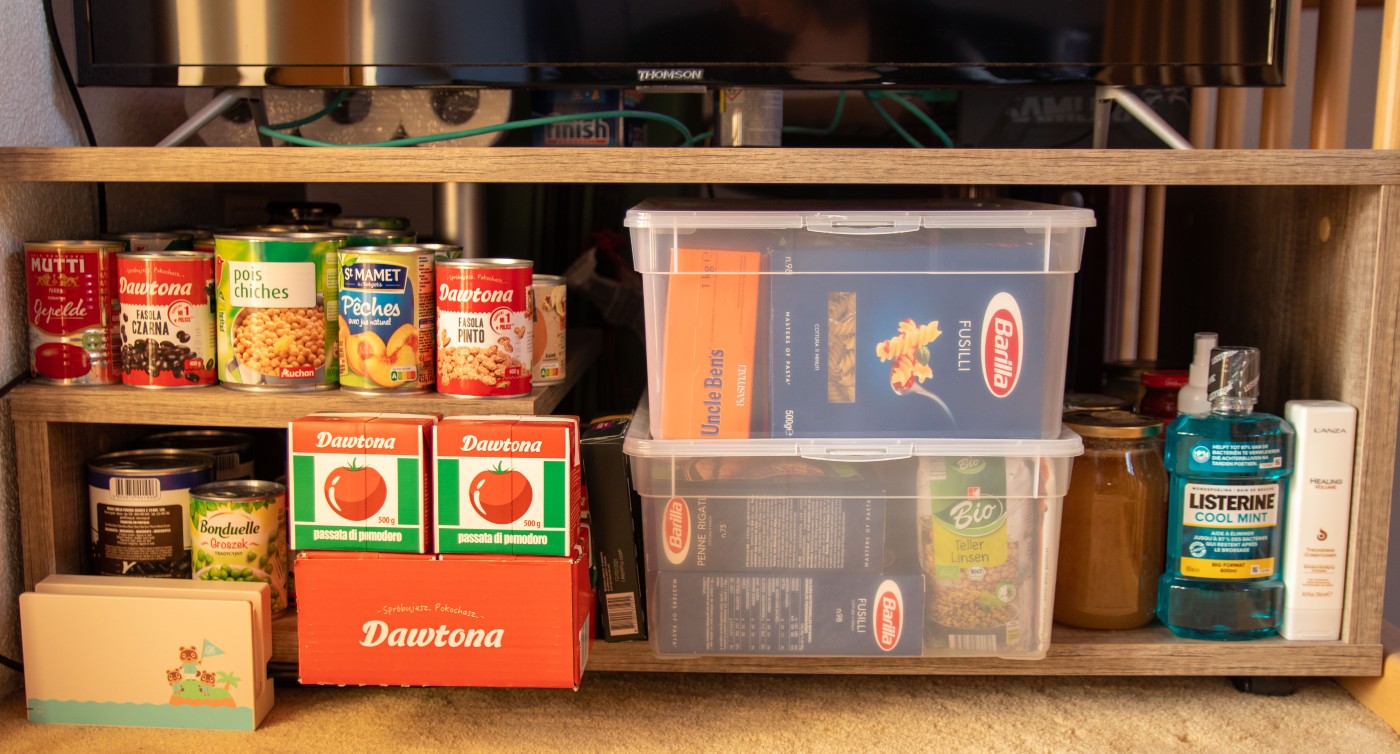 Gas masks and loo rolls: why 'preppers' are on the rise
Gas masks and loo rolls: why 'preppers' are on the riseUnder The Radar Doomsday community has expanded from 'Rambo wannabes' to 'Tesco regulars'
-
 Breathtaking: the Covid drama that may make you scream
Breathtaking: the Covid drama that may make you screamThe Week Recommends ITV three-parter is a 'tour de force' that exposes 'political complacency'
-
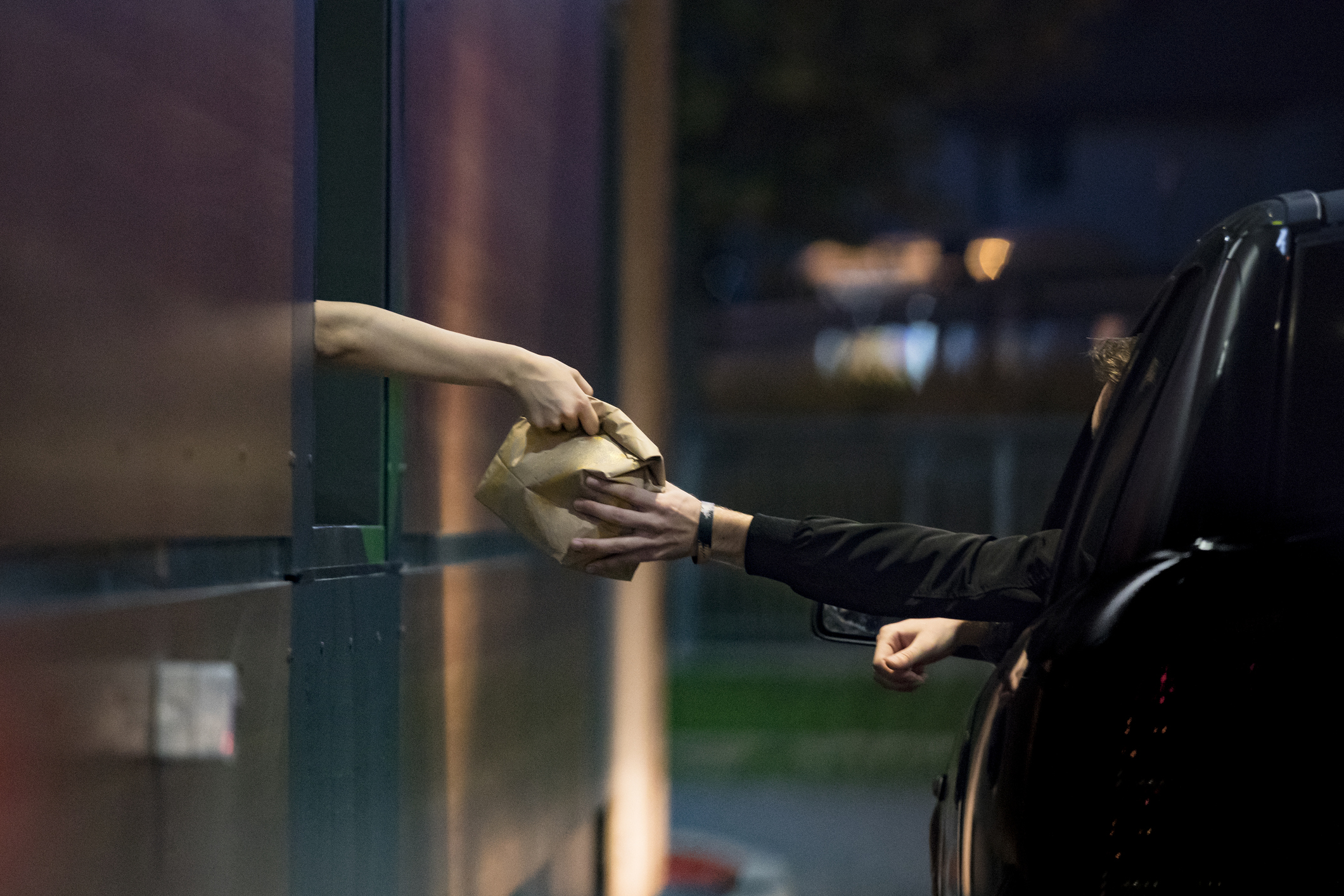 The lasting changes of the post-pandemic dining era
The lasting changes of the post-pandemic dining eraThe Explainer The newest of new normals
-
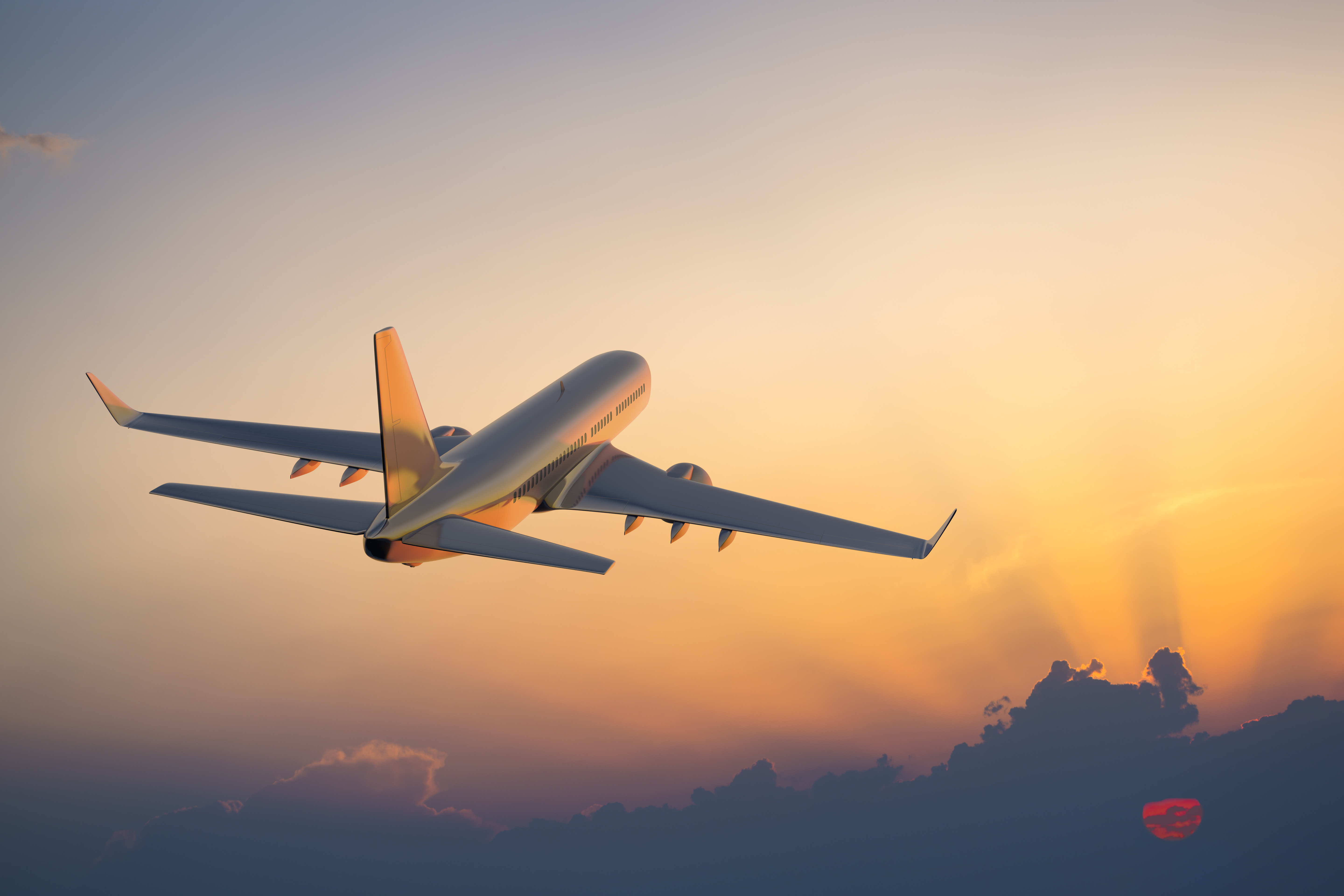 How revenge travel is impacting the aviation and tourism industries
How revenge travel is impacting the aviation and tourism industriesTalking Point The surge in travel is a far cry from the previous pandemic years during which travel took a hit
-
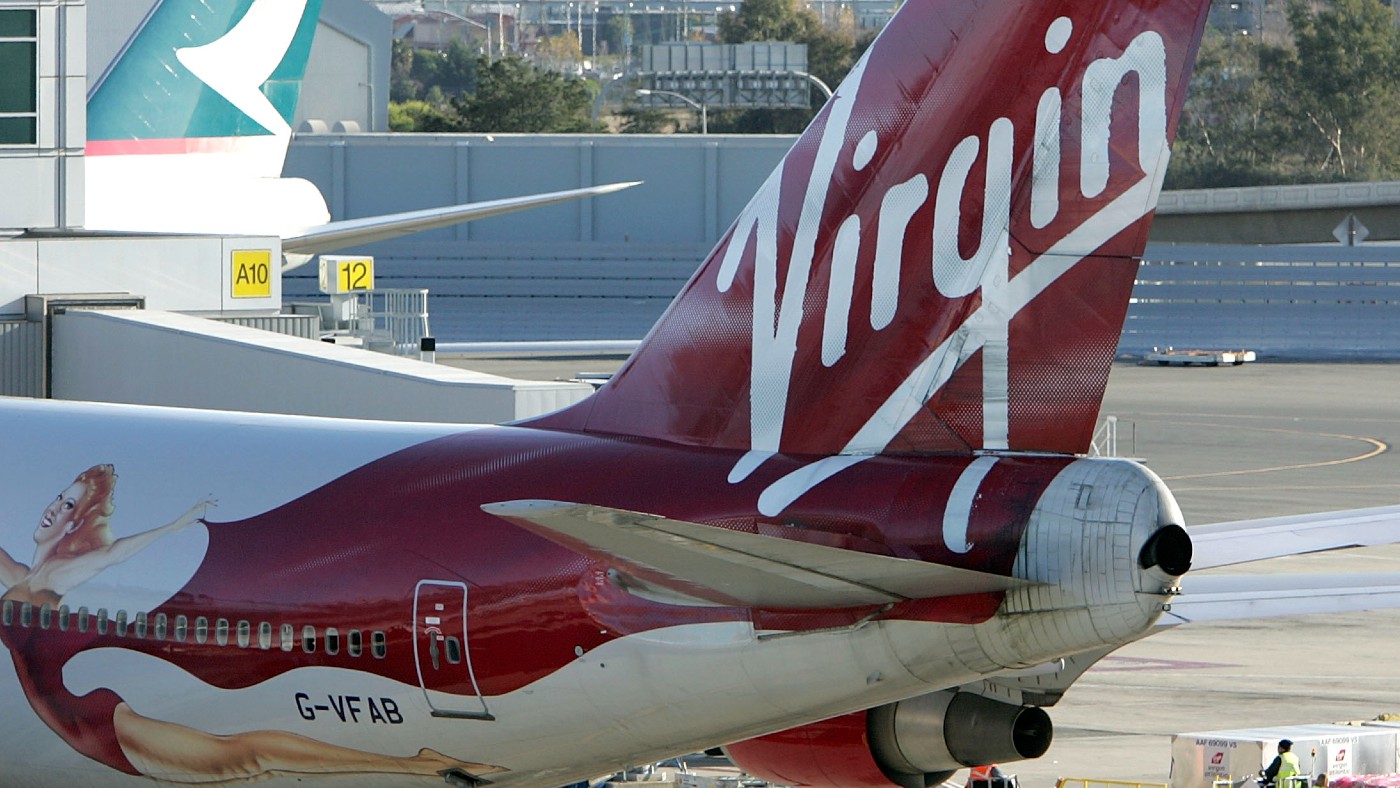 Virgin Atlantic fined for violating Iraqi airspace
Virgin Atlantic fined for violating Iraqi airspaceSpeed Read Airline said the incursions were accidental and caused by the Covid-19 pandemic
